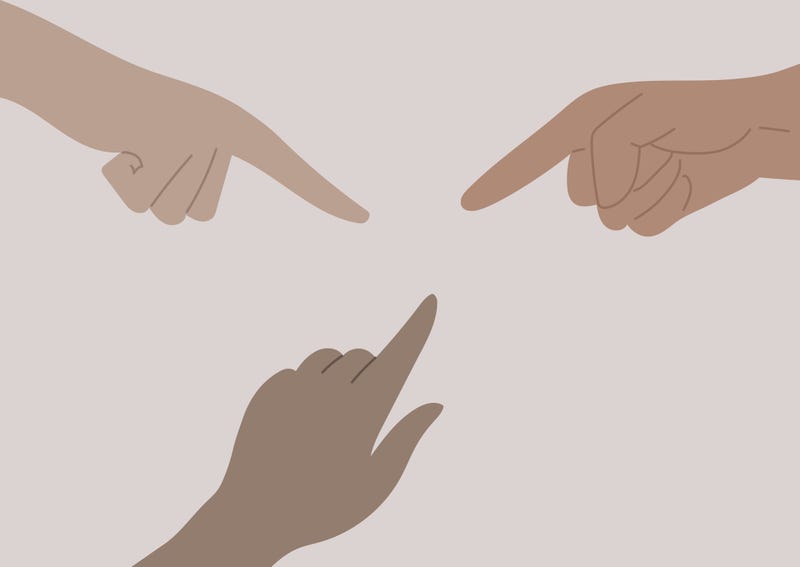
Despite the rhetoric from some, a new poll has found a majority of Americans have a positive association with the buzzword “woke,” not defining it as something negative.
The poll was conducted by USA Today-Ipsos and found that 56% of Americans defined it as “to be informed, educated on, and aware of social injustices.”
While a majority viewed it positively, 39% reported the word having a negative connotation, identifying it as being “overly politically correct and police others’ words.”
However, when respondents were asked whether or not being called “woke” was an insult or a compliment, the majority flipped, as 40% said it was an insult, compared to 32% who said it was a compliment.
Republicans were found to be more likely to find “wokeness” as being negative, with 56% of right leaning respondents saying the term means someone is being overly politically correct.
On the other side of the aisle, 78% of Democrats reported the term meaning someone who was informed on social justice issues.
On top of that, 60% of Republicans consider being called “woke” an insult, while 46% of Democrats said it would be a compliment.
The split between Democrats and Republicans is no surprise, as several high-ranking GOP politicians have used the word in a negative context when describing their political counterparts.
One example of this was when Republican Florida Gov. Ron DeSantis gave a speech after winning reelection, saying that his state is “where woke goes to die.”
“We fight the woke in the legislature. We fight the woke in the schools. We fight the woke in the corporations. We will never, ever surrender to the woke mob,” DeSantis said.
The USA Today-Ipsos poll follows a poll from last month, conducted by The American Principles Project, that examined the issues that GOP voters most closely align with when choosing who to support when voting.
The poll found that voters were more likely to support a candidate who takes a hard stand on cultural issues related to transgender surgeries on minors and education in public schools, often seen as anti-woke stances, instead of establishment issues like Social Security or immigration reform.
When it comes to how generations view being “woke,” respondents ages 18-34 were more likely (43%) to find the term endearing, compared to 23% of those ages 50-64 and 19% of those 65 and older.
The USA Today-Ipsos poll was conducted from March 3-5 and included the response of 1,023 adults. There is a margin of error of 3.3 percentage points.


